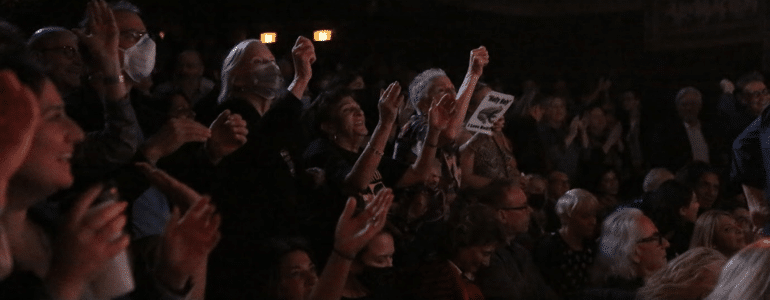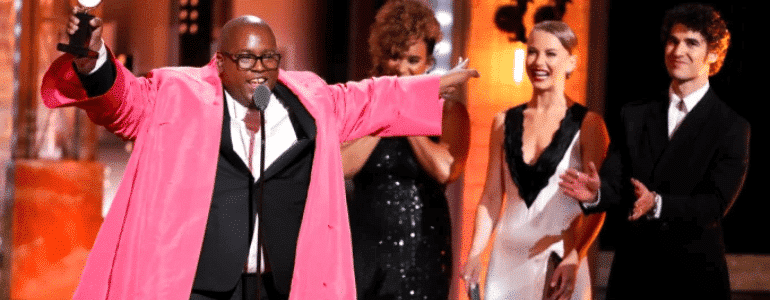Putting The Fund in Funding on Broadway
I never believed in them. For Broadway anyway.
Sure, investment funds were fine when you were buying a basket of boring stocks to prepare for your retirement, but for Broadway? For any kind of art where so much emotion is involved? One of the key criteria I recommend in this book before anyone invests in a Broadway show is to make sure you love the show. I never thought investors would take to getting in a bunch of shows at once, especially if that fund was blind.
In fact, after I crowdfunded Godspell, a whole bunch of my micro-investors (customers, in this case) suggested that I start a fund. “Nah,” I said. “People want to know what posters they are going to hang on their wall. They won’t want to do this.”
Idiot me was telling my own investor/customers what they would do and wouldn’t do. (That’s like Ben & Jerry’s saying, “No, you won’t like that flavor,” after some of their most passionate cone buyers tell them they would.)
Flash forward five years later, and one of my most trusted mentors/Broadway investors suggested it again, AND said she’d start it off with a check.
This time, I listened.
I called the same terrific lawyer who helped me through Godspell, and I popped open a trial “starter” fund to give it a whirl. (Sometimes you may have to beat me over the head with an idea to get it to take root, but, once it does, I get that seed to sprout pretty damn fast.)
In this case, the fund was for “Front Money” only – the earliest investment dollars a Broadway Producer needs, which historically has been the hardest money to raise on Broadway.
And, yet, this Front Money Fund was the easiest money I had ever raised. And it’s also the reason I have four new musicals debuting in the next 18 months (more about that later). Because when you give an Artrepreneur capital, they’ll make stuff with it!
When I asked why they liked the fund concept, my investors, of course, talked about the diversification. If 1 out of 5 shows was the average rate of recoupment on Broadway then this was an easier way to play the numbers and reduce the risk. They also talked about some of the other perks, like watching the shows develop and having additional rights to invest. But, they also said it just made it easy to get involved with many shows at once, since they would have probably invested in them at some point anyway (these were my most trusted and loyal folks, after all, who always get first access to my stuff.)
At the same time I had my success, I noticed, other funds of all kinds starting to pop up on the market from blind funds, to rolling funds and, even, a fund just for projects led by women.
As Broadway has gotten hotter, and more and more people look to get involved, I’m predicting more and more funds will pop up. And why not? After all, they should mitigate risk AND make things easier. (Most of the funds that have popped up are too early in their life cycle to have heard any real results – so I’ll have to update this blog in a few years.)
While I do believe “blind funds” will always have a greater challenge in raising monies than those funds where you know the shows you are investing in (most traditional mutual funds aren’t blind, after all), the truth is the success of any fund will depend on the same thing that those traditional funds depend on . . . who is running it.
What do you think about Broadway Investment funds? Fad or a fantastic alternative?
– – – – –
Looking to learn more about Broadway Investing, including how funds work, and whether they’re for you? Click here to register for my only Broadway Investing Seminar, coming up on March 10th and April 6th!
Can’t make those dates and still want to learn more . . . maybe because you’re looking to invest in your first Broadway show, or maybe because you want to learn the investing process because you need to raise money for your show? Read Broadway Investing 101, the best seller now available on Amazon.com!
Podcasting
Ken created one of the first Broadway podcasts, recording over 250 episodes over 7 years. It features interviews with A-listers in the theater about how they “made it”, including 2 Pulitzer Prize Winners, 7 Academy Award Winners and 76 Tony Award winners. Notable guests include Pasek & Paul, Kenny Leon, Lynn Ahrens and more.













